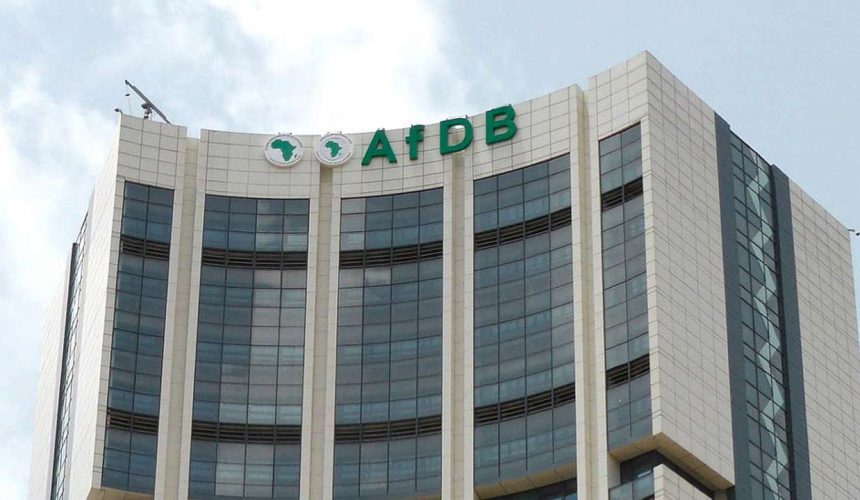As part of The Coca-Cola Company’s commitment to leading sustainability efforts across the world, global giant through its philanthropic arm, The Coca-Cola Foundation (TCCF), has awarded a total of N303million in grants to eight local non-governmental organisations in Nigeria to support community-based projects.
The grants will support efforts to strengthen communities, empowering women and youth, promote well-being, protect our environment and educate scholars. As a company we are fully committed to acting in ways that create a more sustainable and better shared future, to make a difference in people’s lives, communities, and our planet by doing business the right way.
These eight laudable projects funded by TCCF in Nigeria include: Waste in the City by Statewide Waste and Environmental Education Foundation, Waste to Strap by Platform for Society Support Initiative, Mission Zero Plastic by Aid for Rural Education Access Initiative, Waste to Wealth by Do Good Social Impact Foundation, Tech-Relevant Teacher Programme by Bunmi Adedayo Foundation, Climate Smart Shea Processing Project by Initiative for Gender Empowerment and Creativity, Project DORI by RecyclePoints Foundation and Youth Information Communication and Technology Skills Acquisition Project (YISAP) by Baywood Foundation.

Five of these projects, Waste in the City, Waste to Strap, Mission Zero Plastic, Waste to Wealth, and Project DORI are focused on combating the plastic waste challenge and creating a second life for these plastic bottles clogging our gutters and waterways. These community-based sustainability projects are set to be deployed across the Federal Capital Territory (FCT), Lagos, Delta, Enugu, Oyo, Kwara, Kano, Kaduna, & Bauchi States, and will aid job creation for thousands of women and youth while engendering relevant behavioural changes. The projects seek to recover over 3,000 tons of plastic waste and economically empower over 10,000 women and youths over a 12-month period.
The other projects include the Climate Smart Shea Processing Facility to be set up in Oyo state and focused on the economic recovery of 1,500 rural women who are shea nut farmers, pickers and processors largely affected by the COVID-19 pandemic. Also noteworthy is the Tech-Relevant Teacher Programme that offers digital teacher training support and technologies for virtual learning across 200 low and middle-cost schools in a bid to improve the learning experience in primary schools, especially in neighborhoods with an increased number of out-of-school children due to the effects of COVID-19. No fewer than 30 schools will receive hardware and content production suites to aid virtual learning.
In Enugu, the Youth Information Communication and Technology Skills Acquisition Project (YISAP) is set to impact the lives of over 600 youths, including persons living with disabilities, through the provision of vocational and entrepreneurial training.

Speaking on the awarded grants, the Director, Public Affairs, Communications and Sustainability, Coca-Cola Nigeria Limited, Nwamaka Onyemelukwe remarked, “Coca-Cola remains committed to continuing our decades-long legacy of supporting local communities, through our business and through The Coca-Cola Foundation. We hope to create a better shared future that makes a difference in people’s lives, communities and our planet”.
Apart from supporting sustainable community initiatives, The Coca-Cola Company is a leading total beverage company in the global fight against plastic waste with its innovative solutions and recycling partnership projects. Despite the growing public awareness around plastic waste, only 9% of plastic created are recycled. It is against this backdrop that Coca-Cola Nigeria Limited and its bottling partner, Nigerian Bottling Company, are empowering NGOs and social ventures to strengthen recycling efforts at a local level, creating income opportunities for people and boosting the circular economy while making a difference towards a better shared future for all.
Since its inception in 1984, TCCF has awarded over $1 billion in grants to support diverse sustainable community initiatives around the world.







Comment
No comments found.